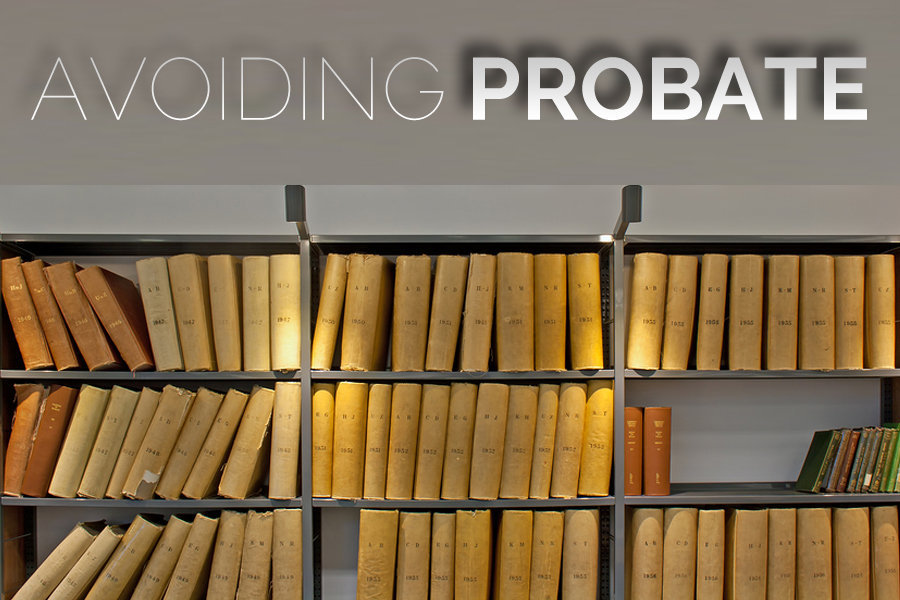
“Dying is a very dull, dreary affair. And my advice to you is to have nothing whatever to do with it.”
-Somerset Maughan. While we much prefer to focus on living and not what happens when life comes to end; it is imperative to plan for after death. There are some basic reasons estate planning is a necessity but an experienced estate planning attorney can offer you and your loved ones many other benefits. Get help and make the logistics of your passing as painless as possible for those left behind.
The basic reasons for estate planning are to legally make your wishes for your estate and assets after your death known, as well as establish healthcare and financial powers of attorney in the event of your incapacity. Estate planning allows you to manage the division of your estate no matter how large or small. The sad statistic is that only around 50% of people have a living will or trust. While it may be unpleasant to think about, a lack of planning can leave your estate and loved ones in the lurch. Without a will or trust, state laws will dictate how your estate will be divided. Similarly, if you are ever in the position of needing someone to make medical decisions on your behalf, the person to do this is determined by the courts and not by your choice. If left up to the state, you could have a relative that doesn’t understand or care about your situation making important medical decisions on your behalf. Estates without wills or trust can also create conflicts and rifts between family members that can never be repaired. Lawsuits can be brought and by the time the dust settles (and taxes have been collected), there may be very little left. Love the people around you enough to plan for the inevitable and put your wishes in a binding legal document.
Besides the primary benefits of estate planning there is much more that a good estate plan can do. Creating a plan is especially important if you have children. If you have minor children you need to establish funds for their care and education as well as designate the person responsible for raising them in your absence. An estate planning attorney can also help you structure provisions for your children, whether they are minors or adults. If you have a child that you worry is not able to independently manage his/her inheritance you can establish a trust with conditions that can protect your child. This can be accomplished any number of ways depending on your concerns. If you have a child that has difficulty managing money, you can set up a distribution schedule. If your child has a previous history of drug abuse his or her inheritance can be contingent on passing regularly scheduled drug tests or tests can be requested at the discretion of an appointed trustee. In addition if you have a child with special needs you can establish a trust to help him/her without losing benefits under government programs. A special needs trust can provide for a child’s living expenses and care; however the trust can also impact government funds received such as social security benefits. It is important in any of these scenarios that you work with one of the many qualified Arizona estate planning attorneys to properly setup the appropriate trust.
Blended families in particular need to consult with a qualified estate planning attorney. Prior planning can protect your children’s inheritance. If you have children from a previous marriage and you remarry and don’t have a trust, in the event of your death, your assets may pass to your new spouse to the exclusion of your children and vice versa. An advanced, legally implemented plan can prevent this from happening by ensuring your children and/or spouse inherit as you designate.
Planning can extend even further. If your adult child receives his or her share of your estate outright it is subject to community property considerations. This means in the event of divorce it could be considered community property and split with your child’s soon to be ex-spouse. If the inheritance is put into a trust, the trust owns the assets not your child. When setup correctly, the trust can be effective at preserving the assets for your child’s benefit only. In this day and age when about 50% of all marriages end in divorce, estate planning is a wise strategy to protect your beneficiaries.
Estate planning, done correctly, can also maximize your tax efficiency and increase what you have left to leave to your beneficiaries. Life insurance policies can be placed in trust to avoid probate and minimize taxes. You have many options when it comes to vehicles to maximize your tax savings. Charitable remainder trusts, qualified personal residence trusts, and irrevocable trusts all have tax savings potential. A charitable remainder trust can benefit the charity of your choice while also generating tax savings for yourself. Each of these approaches has requirements that must be met in order to receive the tax benefits. You need an estate planning attorney to match the correct planning tools to your goals in the most efficient way possible.
Whether your concerns are family or financial, consulting with an estate planning attorney is not just recommended, it is essential. Let an expert review your situation and work with you to create a comprehensive and effective estate plan. Call our office today at 480-998-0999.


